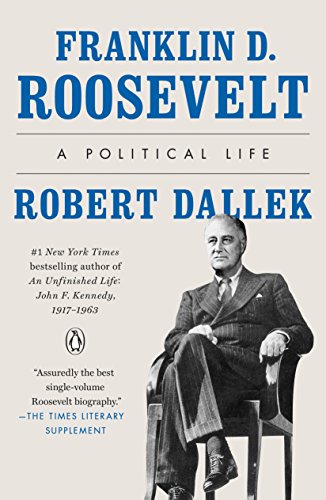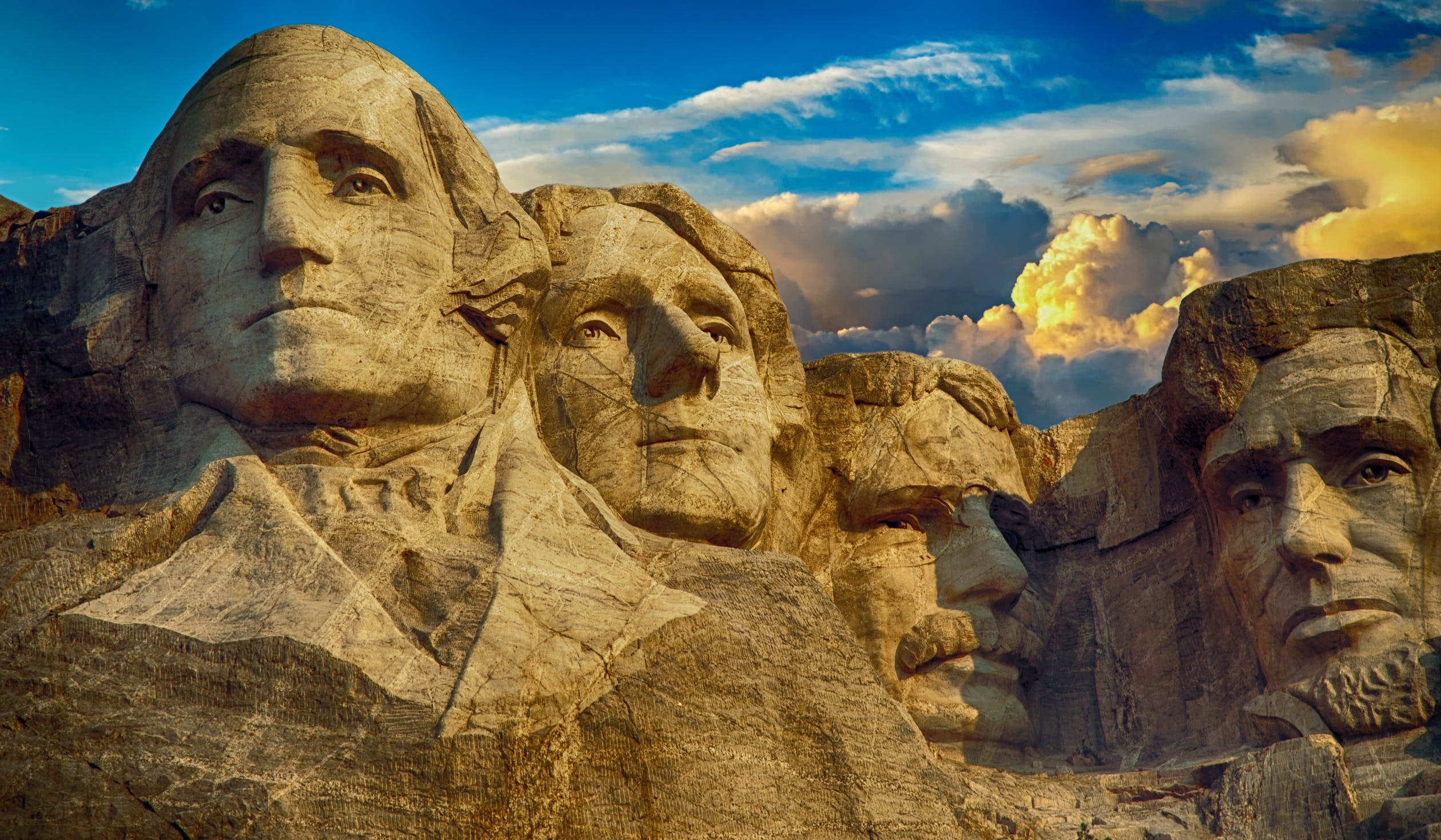The United States of America boasts the world’s oldest democracy spanning centuries of years past, establishing itself rightfully so as one of the most developed nations in history. From the liberation struggles to the economic breakthroughs, the United States has become a critical driver of global progress.
At the head of this country lies the President of the United States, a democratically elected politician who spends his tenure representing one of the three branches of government – the executive branch. We were curious which presidents had the greatest intellectual chops, and researched the IQs of each of the American presidents throughout history. Our list below highlights the top 30 American presidents as ranked by IQ. John Quincy Adams takes the top spot with an IQ of nearly 169.
Read more about John Quincy Adams and the 29 other smartest American presidents below.
John Quincy Adams (IQ score: 168.75)


Before assuming power as the sixth president of the United States, serving from 1825-1829, John Quincy Adams had already established himself as a diplomatic powerhouse. His skills showed in the successful negotiations he oversaw with Britain over the location of the U.S Canada border. He was critical to the purchase of Florida from Spain to make it part of the United States. He also settled the Treaty of Ghent that ended the 1812 war. John Quincy Adams has shown why he is considered one of the most efficient presidents to serve.
Thomas Jefferson (IQ score 153.75)


Considered to be one of the best-achieving Presidents in the history of the United States, Thomas Jefferson was a well-disciplined and highly principled man. A man of skills and versatile abilities evident from his trail of success.
During his reign as the third president of the United States, from 1801-1809, Thomas Jefferson was able to double the Nations’ territory, developed the American Trade and successfully negotiated peace with France. Famously known for his writing of the Declaration of Independence, he established himself as a performance-oriented President.
John F. Kennedy (IQ score: 150.65)


The highly regarded 35th President of the United States of America served in office from 1961-1963. His time at Harvard equipped him with knowledge on political philosophy that would contribute to the shaping up of his political career. He would later serve as a distinguished Naval Reserve during World War II.
His proposal of what would become the Civil Rights Act of 1964, his signing of the Equal Pay act of 1963, and leading the country through the struggles with Cuba and the Middle East, highlighted his abilities as an intelligent leader.
Bill Clinton (IQ score: 148.8)


A glowing academic record completes his impressive resume. Relying on scholarships, Bill Clinton successfully schooled in Georgetown, Oxford and finally Yale Law School. His eventful presidency lasting from 1993-2001 in office, originated from modest career beginnings. Bill Clinton intricately worked his way up from teaching Law at the University of Arkansas, to being elected as Governor of Arkansas and finally to becoming President of the U.S.
Woodrow Wilson (IQ score: 145.1)


The 28th president of the United States made his unorthodox rise to the presidency and was in office from 1913-1921. He passed the Georgia Bar exam after dropping out of Law school. He was able to return to school and majored in political science, which paved the way for his path to the presidency.
Jimmy Carter (IQ score: 145.1)


He authored more than a dozen books after he left power. The 39th president of the U.S had to steer the country through trying times. Including through the cold war, the conflict in the middle east and the slow economy that faced the country. His one-term presidency from1977-1981 showcased his resilient political abilities.
John Adams (IQ score: 142.5)


Serving from 1797-1801, John Adams was proactively involved in the struggle for independence from Britain. He managed to work within a concise time and developed a formidable force at sea. With eight war-ships gracing the naval waters, 13 war-ships under construction and ten carriage guns, John Adams had his nations’ shoreline well defended.
Theodore Roosevelt (IQ score: 142.28)


The then 42-year old vice president took over power from assassinated president William McKinley. He became the 26th president of the United States, ruling from 1901 to 1909. Theodore Roosevelt was known for his successful negotiations that saw the end of the Russo-Japanese war. He also served diligently, bringing quality medicines to American hospitals and clean food to his citizens.
James Garfield (IQ score: 141.5)


His tenure was marred with a lot of controversies that consequently ended with him serving one of the shortest terms in U.S history after he was fatally shot and killed. He became the 20th president of the United States after working his way up from being a boat worker all the way to the Ohio State Senate.
He worked on rooting out corruption from the post office and expanding the Navy’s influence across its operating course.
Chester Arthur (IQ score: 141.5)


After the sudden death of his predecessor, Chester Arthur became the 21st president of the United States of America. He would go on to serve a single term from 1881-1885. His unsuccessful bid for a second term was significantly attributed to claims of bribery and government resource mismanagement as he served as the politically powerful collector of the Port of New York.
James Madison (IQ score: 141.25)


The fourth president of the United States was famously known for his profound involvement in the drafting of the country’s constitution as well as the bill of rights. For this, he earned the title “Father of the constitution.” James Madison pushed for a stronger and more efficient military as well as a great National bank, as part of the resolutions arrived at after the expensive 1812 war.
Abraham Lincoln (IQ score: 140)


Widely known for his unwavering stance on slavery, he often referred to the determination by the Founding Fathers that “all men are created equal.” It is with this in mind that he signed the Emancipation Proclamation that ended slavery in the United States. As the 16th president of the United States, Abraham Lincoln was a decorated speaker, as well as a respected captain during the Black Hawk war.
Franklin Roosevelt (IQ score: 139.6)


He was the only President in the country to successfully serve three terms from 1933 to 1945. President Roosevelt took office during turbulent times with the Great Depression sweeping the nation, as well as through World War II. He managed to remain composed and made profoundly significant decisions, including the implementation of the Social Security systems that are effective to this date. Franklin Roosevelt was known for his bold decision-making ways.
John Tyler (IQ score 136.2)


The death of President William Henry Harrison, saw the then Vice President John Tyler become the first person in the country’s history as VP position to assume the presidency without an election. His successful lawyering career had him gradually introduced into politics, where he would eventually rise to the presidency and serve as the 10th president of the US from 1841 to 1845.
Millard Fillmore (IQ score: 135.98)


He was a self-made individual rising to the presidency through tough and unlikely circumstances. He started small as a judge’s apprentice and manifesting into a very well-respected lawyer in Buffalo, New York. Serving from 1850 to 1853, Millard Fillmore became the 13th president of the US having trained himself for the better part of his career.
Franklin Pierce (IQ score: 134.78)


Highly unpopular initiatives, including the Kansas-Nebraska Act that effectively allowed new territories to decide the fate of slavery within their boundaries independently, had historians refer to him as the worst president in US history. He became the 14th president of the US with a particular focus on accountability in government as well a setting the foundation for various rail-road works.
William Henry Harrison (IQ score: 133.93)


He was sworn in as the 9th president of the US. He, unfortunately, he contracted a deadly disease that saw him serve the shortest presidential term in history, managing only 30days, 12hours and 30minutes. He rose through the ranks as he successfully served in the military before making his way into politics and finally becoming president in 1841.
Rutherford B. Hayes (IQ score: 133.93)


Earning his illustrious lawyering skills from Harvard, he successfully practiced law and defended slaves in court. He became the 19th president of the United States, serving from 1877 to 1881. During this time, he oversaw reforms in the civil service sector while engaging in negotiations during the Civil War.
Martin Van Buren (IQ score: 133.35)


Facing massive opposition from his successor, William Henry Harrison, who nicknamed him “Martin Van Ruin,” he only managed to serve a single term as the 8th president from 1837 to 1841. He would maneuver through ethnic differences to rise to the presidency, where he would endeavor to work on the major economic depression experienced across the Nation.
George Washington (IQ score 132.5)


The first president of the United States deservedly holds a special place in the history of the Country. He gloriously came to power in 1789 and would go on to lead the country to 1797. He would overcome major challenges he faced both personally and publicly to rise to the presidency, where he established himself as a strong character as he employed his colonial knowledge. He achieved his success despite dropping out of school at an elementary level.
Benjamin Harrison (IQ score: 132.15)


His tenure as the 23rd president of the US saw the addition of six more Western states to the union. Benjamin Harrison’s presidency from 1889-1893, he was unsuccessful in his endeavors to secure voting rights for African-American citizens while as well as being unable to source for necessary education funding effectively. He would go on to serve only one term before dropping in his public rating.
Dwight Eisenhower (IQ score 131.5)


With a highly decorated track-record in the army, he earned his powerful status as the first supreme General of NATO. He was as well actively involved in the drawing up of counter-retaliatory plans against Japan following the devastating Pearl Harbor attack. He is considered to be among the highest performing presidents.
Richard Nixon (IQ score: 131)


He had an eventful presidency as the 37th leader of the United States from 1969 to 1974. He gradually racked up his impressive achievements right from the school, where he constantly achieved academic success. He joined a law firm where he rose to partner. His persistent commitment to his goals eventually translated to the presidency in 1969. Nixon’s presidency would ultimately meet an unceremonious ending as he became the only president to resign disgracefully from office.
Grover Cleveland (IQ score: 130.95)


Two presidential terms served between 1885 to 1889 then again four years later from 1893 to 1897, made Grover Cleveland both the 22nd as well as the 24th president of the United States. Known for his integrity and passionate despise for political corruption, he made these two factors as the key focus points of his presidency. He also had a defined career coming up as mayor of New York before rising to the governor.
James K. Polk (130.2)


Serving as the 11th president of the United States, his passionately committed work is said to have been part of the foundation laid for the impending world super-power, a status that the United States currently reserves. He prioritized his work over his personal interests as well as his health.
William McKinley (IQ score: 130.18)


He was the 25th president of the US, with his tenure running from 1897 to 1901. His impressively notable acts as president include his initiated Spanish-American war, which he would eventually go on to win and effectively pried the territories of Guam, Philippines and Puerto-Rico from Spain’s rule. A thriving economy was as well a highlight of his tenure before he was unfortunately shot dead.
George H. W Bush (IQ score: 130.13)


The 41st president of the US reserved a large understanding of the political scenes both domestically as well as internationally. His diplomatic skills coupled up with years of experience, he managed to oversee historical achievements that would define the future after he completed his time. During his tenure running from 1989 to 1993, he was involved in the fall of the Berlin Wall, the dissolution of the SOVIET union and the signing of the NAFTA treaty that effectively brought together the U.S.A, Canada and Mexico, to form a trading bloc.
Ronald Reagan (IQ score: 130)


Enjoying a high approval rating of 68%, the 40th president left office in 1989 being popular among the citizens of the US. He rose to the presidency through uncommon channels from being an actor to becoming General Motors’ motivational speaker. He would eventually assume office in 1981 and served to rely on his impartial and strong interpersonal characteristics.
Herbert Hoover (IQ score: 129.78)


He enjoyed success in Australia while working in the mining industry. He would rapidly evolve from being a mining engineer to an investor and financier and finally rising to managerial capacity before venturing into politics. He would become the 31st president of the US serving from 1929 to 1923 while as well remaining active in an advisory capacity through the next three presidencies after he left office.
Lyndon B. Johnson (IQ score: 127.83)


Finally, on our list is president, Lyndon B. Johnson. He harbored profound ambitions since his childhood and showed the potential to achieve great things in his promising future. Growing up through tough times, it was in his resolutions that he would position himself to effectively do something about the ailing economic status that ravaged the country at the time. His work was successfully highlighted by his game-changing laws that saw significant changes in immigration systems, civil rights and environmental factors.
History has conveniently documented the roles of every president to serve in office as the President of the United States. They have all taken their different paths to ultimately get to the White House and have left legacies to refer to in relation to current global affairs. Above has been a list of 30 of the United States’ presidents along with their IQ scores. Besides, you can also find more information on the named presidents from the books listed above.

































